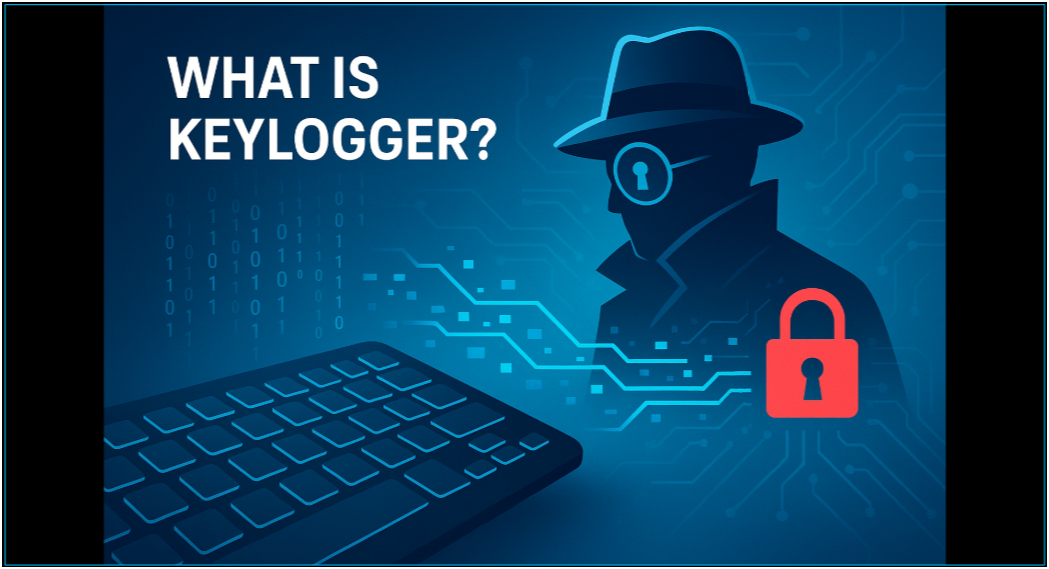Table of Contents
Identity Cloning Explained
Identity cloning is a sophisticated form of identity theft in which an individual maliciously assumes another person's identity, typically for personal gain or to evade legal consequences. This deceptive act involves the replication of various personal details, such as a person's name, Social Security number, address, and other pertinent information, to create a false persona. In this comprehensive glossary article, we will delve into the intricacies of identity cloning, including its methods, signs, and potential consequences.
Methods of Identity Cloning
-
Acquisition of Personal Information: Identity cloning often begins with the acquisition of a victim's sensitive personal information. This can include Social Security numbers, birth certificates, driver's licenses, passport details, and more. Perpetrators may obtain this data through various means, such as data breaches, phishing scams, or stealing physical documents.
-
Creating a Synthetic Identity: In some cases, identity clones fabricate entirely new identities by combining real and fake information. This synthetic identity is used to open bank accounts, secure credit cards, and perform various financial transactions under the victim's name.
-
Identity Camouflage: Once the necessary information is gathered, identity clones may attempt to blend into the victim's life by mimicking their behavior and history. This can involve using the victim's address, claiming to have their job, or even taking on family roles, such as pretending to be a spouse or parent.
-
Geographic Relocation: Identity clones may relocate to different areas or countries to avoid detection. This change of location can further complicate the process of uncovering their deceit.
Signs of Identity Cloning
Detecting identity cloning can be challenging, but there are several signs to watch for:
-
Frequent Fraud Alerts: If you receive frequent fraud alerts from your bank or financial institution for transactions you haven't initiated, it could be a sign that your identity has been cloned.
-
Unauthorized Purchases: Review your credit card and bank statements regularly. Unexplained or unauthorized purchases are red flags for identity cloning.
-
Credit Score Fluctuations: Sudden and significant fluctuations in your credit score, especially without any changes in your financial behavior, should be investigated.
-
Debt Collection Calls: If you start receiving calls from debt collectors about debts you don't recognize, it could be an indication that someone is using your identity for financial gain.
-
Unfamiliar Mail: Be wary of receiving unfamiliar mail, especially medical bills or forms from companies you've never heard of. Identity clones may use your identity for healthcare services or other purposes.
Consequences of Identity Cloning
Identity cloning can have severe consequences for both the victim and the perpetrator:
-
Financial Ruin: Victims may face financial hardship due to unauthorized transactions and accumulating debts.
-
Legal Troubles: Perpetrators of identity cloning can face criminal charges and legal penalties if caught.
-
Emotional Distress: Victims often experience emotional distress and stress when trying to rectify the situation.
-
Damage to Credit History: Identity cloning can damage your credit history, making it challenging to obtain loans or credit in the future.
-
Loss of Reputation: Victims may suffer damage to their personal and professional reputations if their cloned identity is involved in illegal activities.
Identity Cloning and Cybersecurity
Identity cloning has significant implications for cybersecurity as it represents a sophisticated form of identity theft that can lead to various security threats and challenges. Here's how identity cloning relates to cybersecurity:
-
Data Breaches: Identity cloning often begins with the theft of personal information through data breaches. Cybercriminals may target organizations to obtain a large volume of sensitive data, including Social Security numbers, financial records, and personal details, which they can then use for identity cloning.
-
Phishing Attacks: Cybercriminals may use identity cloning to conduct highly targeted phishing attacks. By impersonating a trusted individual, such as a colleague or a family member, they can trick victims into revealing even more sensitive information or clicking on malicious links or attachments.
-
Account Takeovers: Identity clones may attempt to take over a victim's online accounts, such as email, social media, or financial accounts. This can lead to unauthorized access, data theft, or manipulation of personal information.
-
Synthetic Identities: In some cases, identity clones create synthetic identities using stolen information. These synthetic identities can be used to apply for credit cards, loans, or other financial instruments, posing a significant fraud risk to financial institutions.
-
Authentication and Authorization: Identity cloning challenges traditional methods of authentication and authorization. Cybersecurity professionals must develop more robust identity verification mechanisms to distinguish between legitimate users and clones, ensuring that sensitive data and systems remain secure.
-
Incident Response: Organizations need to have effective incident response plans in place to address identity cloning incidents promptly. Detecting and mitigating identity cloning attacks requires a coordinated effort between cybersecurity teams, legal departments, and law enforcement agencies.
-
Privacy Concerns: Identity cloning infringes upon individuals' privacy rights. Protecting personal data and ensuring its confidentiality is a key aspect of cybersecurity. Organizations must implement robust privacy practices and comply with data protection regulations to prevent identity theft and cloning.
-
Education and Awareness: Cybersecurity awareness and training are essential in helping individuals recognize potential identity cloning threats. Educating employees and the public about the risks and best practices for protecting personal information can reduce the likelihood of falling victim to identity cloning schemes.
Prevention and Response
To protect yourself from identity cloning, consider taking the following precautions:
-
Monitor Your Credit: Regularly review your credit reports for suspicious activity.
-
Secure Personal Information: Safeguard sensitive documents and information, both physically and digitally.
-
Use Strong Passwords: Employ strong, unique passwords for online accounts and enable two-factor authentication where possible.
-
Shred Documents: Properly dispose of documents containing personal information by shredding them.
-
Stay Informed: Stay informed about the latest identity theft tactics and scams to remain vigilant.
In conclusion, identity cloning is a malicious act that involves the theft of personal information to create a false identity for personal gain. Being aware of the signs and taking preventative measures is essential in protecting yourself from this form of identity theft.
Explore More Articles
Say goodbye to Phishing, BEC, and QR code attacks. Our Adaptive AI automatically learns and evolves to keep your employees safe from email attacks.

/Concentrix%20Case%20Study.webp?width=568&height=326&name=Concentrix%20Case%20Study.webp)












